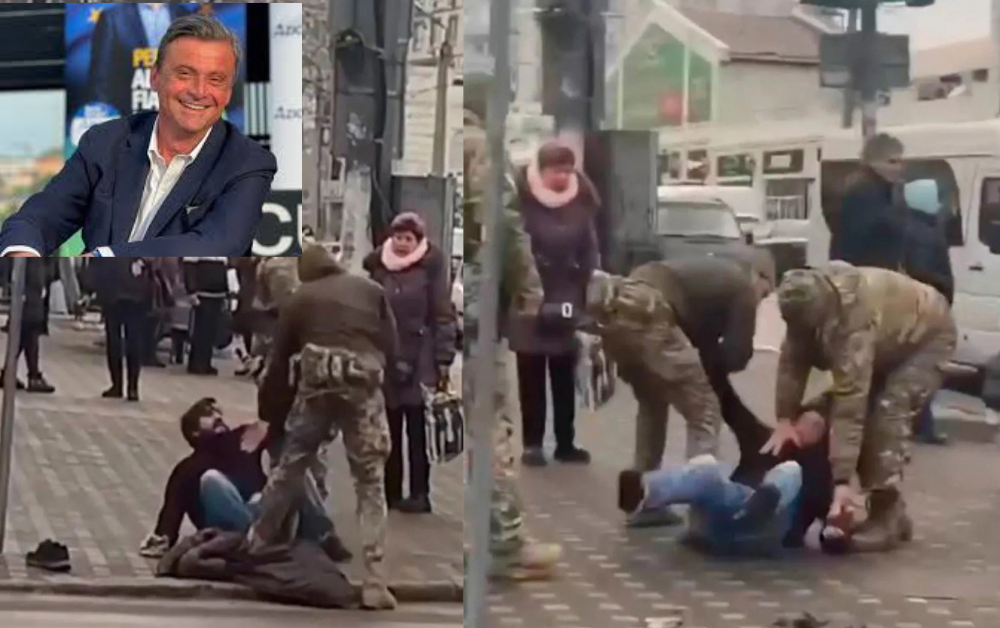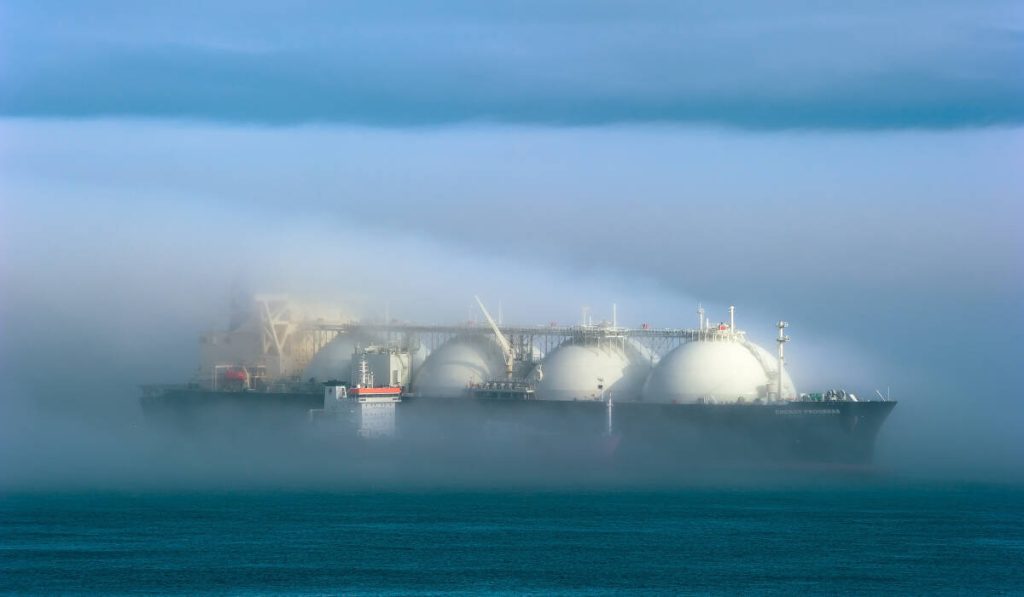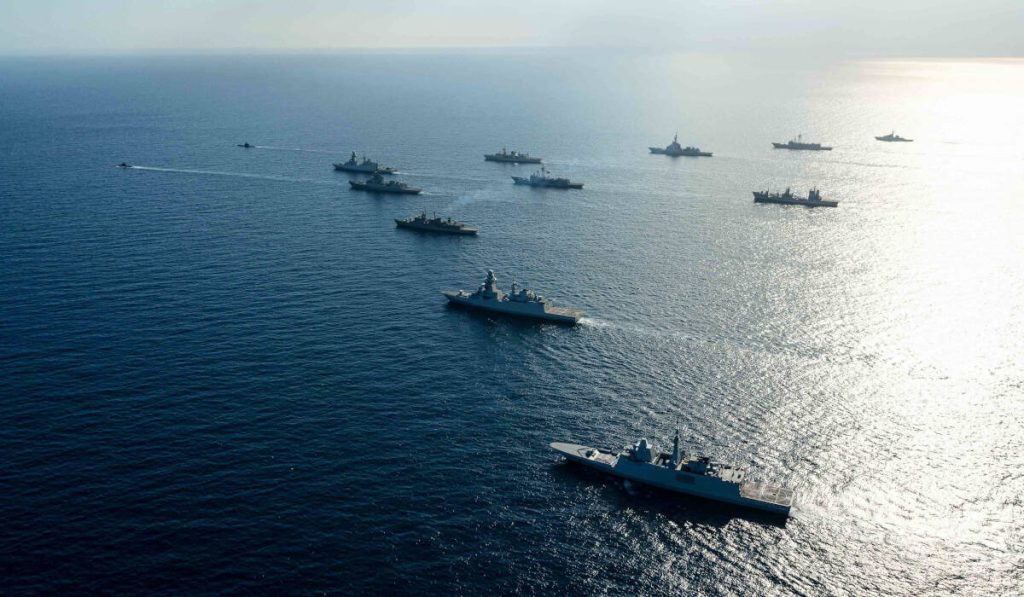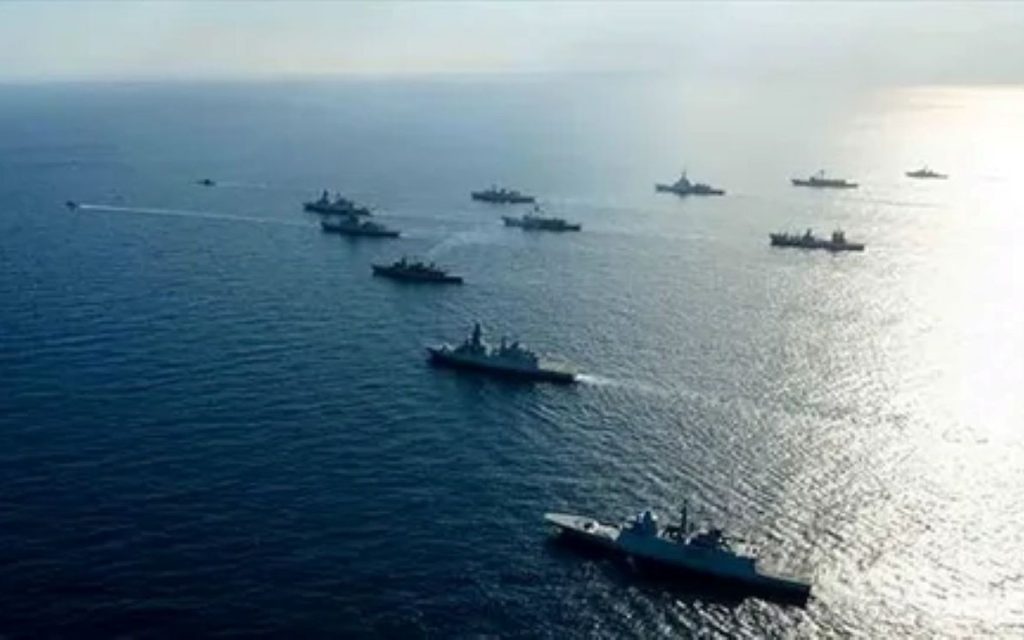A few days ago, an article by Harrison Berger was published in The American Conservative.
In this article it is stated that sending “Tomahawk” missiles would not shift the outcome of the conflict, whereas what the Ukrainian armed forces urgently need instead is new troops ready to fight.
The article highlights an aspect of the Ukrainian conflict that in the West is often culpably concealed. On the one hand we have political figures such as Carlo Calenda, who on every Italian TV talk show claim that Ukrainians want to keep fighting and ask for new weapons in order to put this warrior vocation into practice; on the other hand, reality is completely different from the fanciful dreams of the armchair warmongers who crowd the Italian political landscape.
The scenes that in Italy are rigorously censored are those of “busification” (forcible van roundups for conscription). For many this term is completely unknown, but it was coined over the last three years and depicts the actions carried out by Ukrainian recruiters who snatch young and not-so-young men from the streets, restaurants, gyms, during concerts, from churches, and then drag them by force into these minivans.
This busificazione, in practice, is a real kidnapping of men; once they enter the minivan, they are destined for the recruitment center, for hasty training, and then, after a few weeks, to die on the front line like cannon fodder.
The fate of these men is well understood not only by the “busificati” themselves, but obviously by their mothers, wives, and children, and the scenes of these abductions are heartbreaking as you see these women and children trying in every possible way to prevent the abduction of their husbands or fathers.
According to The American Conservative, the shortage of military personnel has fueled a black market in exemptions. Ukrainian and European investigations document schemes such as sham divorces to obtain sole custody of children and the right to leave the country: the Kyiv Independent summarizes an NGL Media investigation that analyzed thousands of custody cases, with NABU also focusing on judges and intermediaries; Ukrinform itself has reported schemes that emerged in court designed precisely to create the legal grounds for leaving the country.
As for fake medical certificates, in 2024 a scandal broke that led to the reform of disability commissions: Le Monde reconstructed the cases that involved prosecutors and doctors and the announcement that the old commissions were shut down; European institutional analyses then summarized the overall picture and the risks of corruption in the medical-military commissions.
For those who choose illegal routes, there are networks of smugglers and collusion at the borders: BIRN has documented payments and channels via Telegram and cryptocurrencies; Slidstvo.info has described a court case with fees up to 20,000 dollars per person and complicity of border guards; Ukrainian sources have reported arrests with sums between 6,500 and 13,000 dollars for attempts to cross the Tisza. International media also indicate a range up to 15,000 dollars.
The routes are dangerous. According to Reuters, about 30 men have died trying to cross the borders illegally, many in the Tisza; The Economist spoke of at least 33 drowned; RFE/RL cited 19 deaths confirmed by Romanian authorities; El País described dozens of deaths from hypothermia and drowning between the Tisza and the mountain passes of the Carpathians. The figures vary by period and methodology, but they converge on the gravity of the phenomenon.
Russian sources also confirm this and often report higher numbers: TASS reported about 30 bodies recovered in the Tisza according to data from the Ukrainian border guard; RIA Novosti cites at least 37 victims on the basis of statements by local officials; Kommersant reported 10 deaths in the month of May 2024 alone and warnings by the authorities about the risks along the border. A security official, cited by TASS, also claimed that Ukraine had mined sections of the border toward the Tisza to discourage escapes, a statement that Kyiv has not confirmed. It would be difficult for Carlo Calenda to justify such an act and to persist with his reckless thesis about Ukrainians eager to die for European values.
Against the backdrop of a population under pressure, the magazine concludes that the chances of victory with such a social attitude diminish. Hence the discussions about European contingents along a future line of demarcation. On this point there are public acts and positions: Macron did not rule out the possibility of sending European forces, noting the lack of consensus in 2024; in 2025 he reiterated that any presence of allied forces in Ukraine is a decision for Kyiv, not Moscow; agencies and media have reported the idea of a reassurance or peacekeeping force after a ceasefire with commitments declared by various countries. Moscow has responded by warning that any foreign troops in Ukraine would be a legitimate target.











